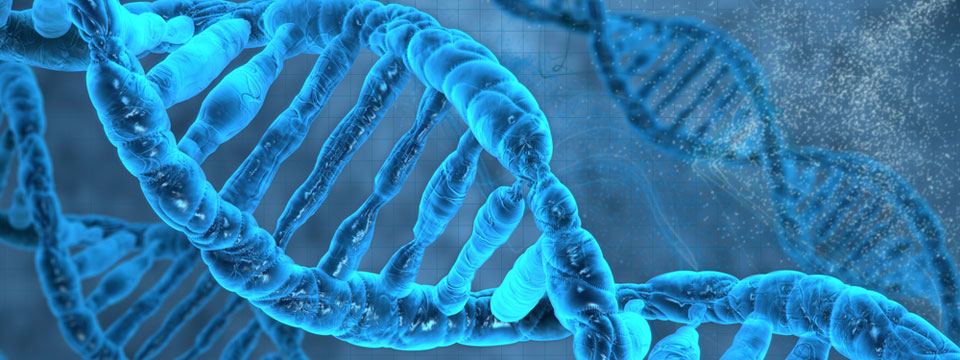In a recent issue of TIME magazine, columnist Jessica Bennett speaks about her own personal research into a reproductive technology known as “egg freezing.” To be specific, the article described how “healthy eggs are surgically removed from a woman’s ovaries and stored in a lab until she is ready to get pregnant.”
Her stated motivation and of those she met who are also considering this process: “We were single, aging and worried we might not be able to find a partner in time to get pregnant,” recognizing how fertility for women starts to decline “as early as age 27 and drops more rapidly around age 35.”
Ms. Bennett seems to bemoan how women, unlike men, do not “enjoy a virtual lifetime of fertility.” Her piece also discussed how various companies, such as Apple, are paying for their female employees who do this costly procedure. Setting aside if, from a business viewpoint, covering egg freezing makes any sort of sense, I want to reflect on what embracing this “reproductive technology” says about society today.
Commodification of life
Since the process of In Vitro Fertilization (IVF) first appeared to today, the process has become much more widely available and socially acceptable. Indeed, many married couples—Christians and non-Christians alike—have used IVF to conceive a child. Each one of these children is a welcome addition and a blessing.
At the same time, it is hard to ignore the tremendous problems associated with IVF and other “reproductive technologies.” For years Catholics consistently have opposed IVF, arguing it leads toward the commodification of life, that it sidesteps the one-flesh sexual union created by God and renders the marital union less necessary.
An entire blog post could be dedicated as well to the reckless, careless regard the IVF industry takes toward life and the unborn, and its leanings toward picking “designer gene” babies. For every child born through IVF, many more died in the process or perhaps as bad, remain frozen in refrigerators for later use or experimentation sadly.
The process of egg freezing, in some ways, is less problematic that IVF, but the two appear to be inextricably linked. Furthermore, egg freezing takes something made by God innate to our created bodies and turns them into a commodity. This is a dangerous viewpoint, no matter how well-intentioned the patient or doctors are.
Reproduction vs. Procreation
British novelist Aldous Huxley’s 1932 book, Brave New World, depicts a dystopian society with no belief in right and wrong, one in which everyone was on drugs and babies were made in science labs. These people, made in “hatcheries” were genetically labeled and put into specific classes or categories without hope of social mobility. In other words, Huxley’s Brave New World has ended up looking more like a preview of the present future than a fictional world.
In today’s society, we have moved increasingly away from natural reproduction—what Christians have long called “procreation”—toward a more animalistic view of sex and reproduction.
Christian author and ethicist Gilbert Meilaender, in his important book “Bioethics: A primer for Christians,” draws this clear distinction in worldviews and calls on Christians to resist the idea that there is a “neutral ground” in bioethics.
He says, “These topics (e.g. euthanasia, abortion, IVF) are not driven simply by concern for public policy regulations; rather, they involve some of the most important aspects of our humanity and raise some of the deepest questions about what it means to be human.” He insists that IVF can easily cross a line into which life becomes a product rather than a gift from God. Christians would do well to apply the clear thinking of bioethicists like Meilaender when it comes to “egg freezing.”
Only by a serious examination of each reproductive technology that comes along, through the lens of Scripture and the Christian worldview, will we find a path that leads not merely to biological life, but one that leads to abundant life that Christ came to give (John 10:10). God help us…
